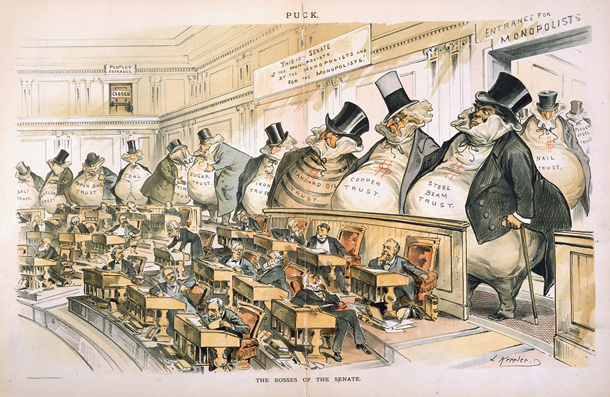From the Christmas Edition of the New Yorker:
It’s hard to describe it as a positive development when a branch of the federal government releases a four-hundred-and-ninety-nine-page report that explains, in meticulous detail, how unthinkable cruelty became official U.S. policy. But last Tuesday, in releasing the long-awaited Senate Select Intelligence Committee report on the C.I.A.’s interrogation-and-detention program, Senator Dianne Feinstein, the committee chairman, proved that Congress can still perform its most basic Madisonian function of providing a check on executive-branch abuse, and that is reason for gratitude.
And…
The report also demonstrates that the agency misrepresented nearly every aspect of its program to the Bush Administration, which authorized it, to the members of Congress charged with overseeing it, and to the public, which was led to believe that whatever the C.I.A. was doing was vital for national security and did not involve torture. Instead, the report shows, in all twenty cases most widely cited by the C.I.A. as evidence that abusive interrogation methods were necessary, the same information could have been obtained, and frequently was obtained, through non-coercive methods. Further, the interrogations often produced false information, ensnaring innocent people, sometimes with tragic results.
Other documents illustrate how the agency misled. In June of 2003, the Vice-President’s counsel asked the C.I.A’.s general counsel if the agency was videotaping its waterboarding sessions. His answer was no. That was technically true, since it was not videotaping them at the time. But it had done so previously, and it had the tapes. The C.I.A. used the same evasion on Senate overseers. A day after a senator proposed a commission to look into detainee matters, the tapes were destroyed. Similar deceptions on many levels are so rife in the report that a reader can’t help but wonder if agency officials didn’t simply regard their cloak of state secrecy as a license to circumvent accountability.
So, will anything change?
It remains to be seen, though, whether the report will spur lasting reform. Darius Rejali, a professor of political science at Reed College and an expert on torture regimes, doubts that it will. For one thing, despite McCain’s testimony, torture is becoming just another partisan issue. This wasn’t always the case—it was Ronald Reagan who signed the U.N. Convention Against Torture, in 1988. But polls show both a growing acceptance of the practice and a widening divide along party lines. “It’s becoming a lot like the death penalty,” Rejali said.
All of which brings me to our current ‘debate’ (such as it is) about online surveillance. It’s interesting to see how affronted contemporary officials and government ministers become at any suggestion that the agencies are not behaving ethically or even legally. The response is to assert indignantly that such behaviour is unthinkable and that it is outrageous even to hint that some officials might behave badly.
Which makes me wonder if all these righteous protesters are either in denial or suffering from a bad case of collective amnesia. It’s not so long ago, for example, that the senior ranks of MI6 harboured a nest of Soviet spies. And I can’t think of a public or semi-public agency in recent years — the BBC, the Metropolitan Police, the Press Complaints Commission, the South Yorkshire police force, the Care Quality Commission), the Catholic church and MPs to name just seven — that has not done things or condoned behaviour that, when exposed, has been deemed unthinkable, unethical or incompetent.
Given what we now know about the recent history of our institutions, it seems statistically improbable that analogous malefaction is not going on in their contemporary equivalents. At any rate, it seems to me to be the most rational default assumption. Why should we believe any assurances from public or corporate spokespersons any more?


